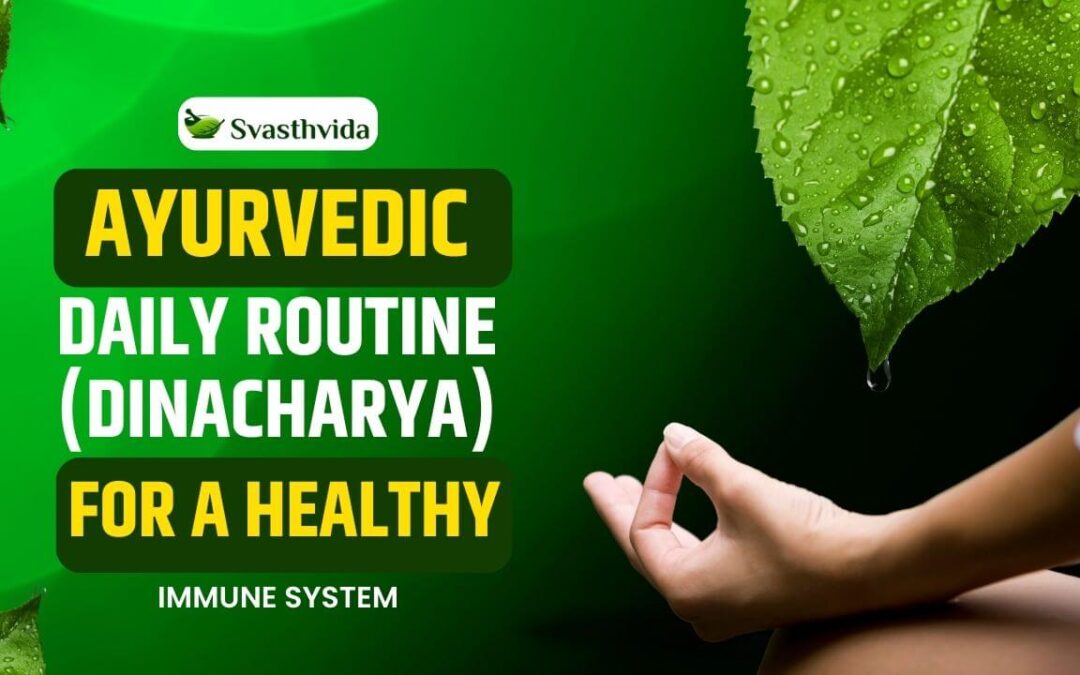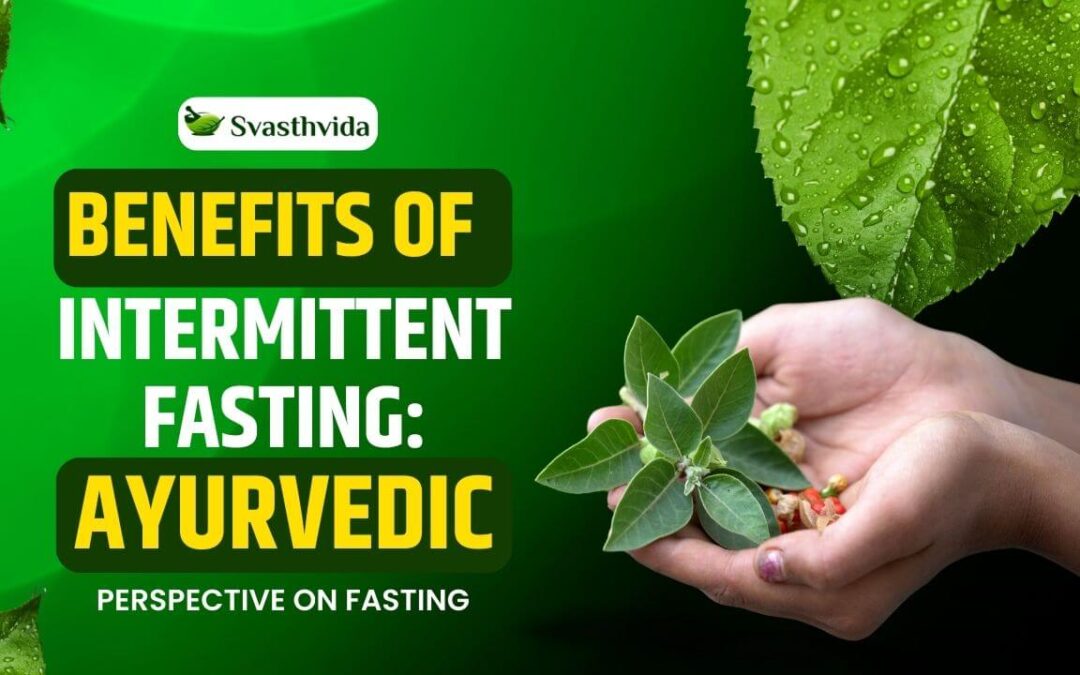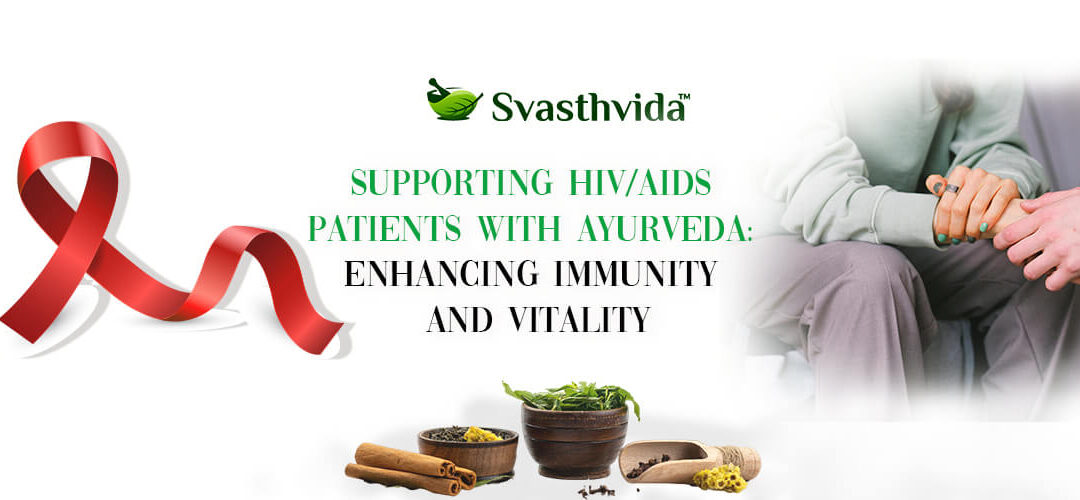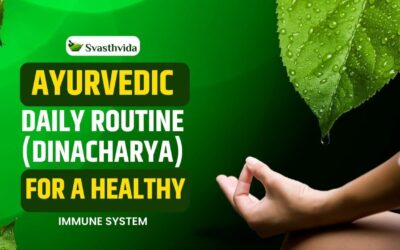Panchakarma Therapy: Meaning And Benefits Of Panchakarma
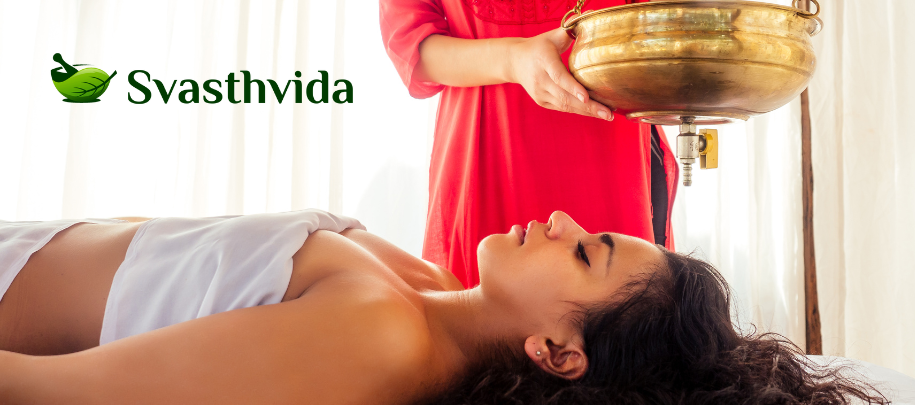
Introduction
In the realm of Ayurveda, Panchakarma therapy stands as a deep and comprehensive approach to detoxification and rejuvenation. It is derived from the Sanskrit words “Pancha,” meaning “five,” and “Karma,” meaning “actions.” Through a series of meticulously designed therapeutic measures, this ancient Ayurvedic detoxification therapy aims to cleanse the body of accumulated toxins and restore its natural equilibrium.
At Svasthvida, the best Ayurvedic treatment centre in India, we understand how toxins harm our well-being. In this blog, we are here with our guide to tell you what is Panchakarma and the health benefits of Panchakarma. So, let us discover the profound healing potential of Panchakarma as it purifies your body, rejuvenates your mind, and revitalizes your spirit.
What is Panchakarma Therapy?

Panchakarma refers to ayurvedic detoxification therapy, which includes a series of therapeutic measures aimed at purifying the body, eliminating accumulated toxins, and restoring the natural balance of the doshas (energetic forces) within.
The primary goal of Panchakarma is to remove the deep-seated impurities and imbalances that contribute to various physical and mental ailments. It is believed that these impurities, known as “ama” in Ayurveda, are the root cause of the disease. Panchakarma seeks to eliminate ama through a series of five main procedures, each designed to address specific areas of the body and promote detoxification.
Five Main Panchakarma Therapies
These five main procedures of Panchakarma target specific areas of the body to eliminate toxins, restore balance, and promote overall well-being. Let’s explore each of these therapies:
1. Vamana (Therapeutic Emesis)
Vamana involves the administration of medicated substances to induce controlled vomiting. This procedure is used to eliminate excess Kapha dosha and toxins that have accumulated in the upper respiratory and gastrointestinal tracts. It helps alleviate conditions such as asthma, allergies, and sinus congestion. Vamana also improves digestion, boosts metabolism and enhances respiratory functions.
2. Virechana (Purgation Therapy)
Virechana aims to eliminate toxins and balance the Pitta dosha by inducing controlled bowel movements. It involves the use of carefully selected herbal laxatives. This therapy purifies the liver, gallbladder, and intestines, promoting digestive health and improving skin conditions. Virechana is beneficial for individuals with conditions like acidity, jaundice, skin disorders, and chronic fever.
3. Basti (Enema Therapy)
Basti is an important Panchakarma therapy that involves the introduction of medicated herbal oils or decoctions into the rectum. It is primarily used to balance the Vata dosha and eliminate toxins from the colon. Basti therapy nourishes the body, improves digestion, enhances the functioning of the nervous system, and alleviates conditions such as constipation, lower back pain, and neurological disorders.
4. Nasya (Nasal Administration)
Nasya is a procedure that involves the application of medicated oils or herbal powders to the nasal passages. This therapy helps remove toxins from the head and neck region, strengthens the respiratory system, and balances the Kapha dosha. Nasya is beneficial for individuals with sinusitis, migraines, allergies, and nasal congestion. It also promotes mental clarity and improves vision.
5. Raktamokshana (Bloodletting)
Raktamokshana is a less commonly used Panchakarma therapy that involves the controlled removal of a small amount of blood. This procedure aims to purify the blood and is usually performed in specific cases where blood impurities are causing severe health issues. Raktamokshana may be beneficial for conditions like skin diseases, chronic eczema, gout, and certain inflammatory disorders.
Note: Each of these Panchakarma therapies should be performed under the guidance of a qualified Ayurveda specialist who considers the individual’s constitution, imbalances, and health concerns to ensure safety and effectiveness.
Health Benefits Of Panchakarma Therapy
Panchakarma therapy, an integral part of Ayurveda, offers numerous health benefits by promoting detoxification, rejuvenation, and restoring the body’s natural balance. Let’s delve into the detailed health benefits of Panchakarma therapy:
1. Detoxification
Panchakarma therapies effectively eliminate toxins accumulated in the body due to poor dietary habits, environmental pollutants, and lifestyle choices. These therapies target specific organs and systems, such as the respiratory system, gastrointestinal tract, and circulatory system, to remove toxins, thus purifying the body at a deep level. This detoxification process helps improve organ function, enhances immunity, and reduces the risk of chronic diseases.
2. Restores Dosha Balance
Panchakarma therapy aims to balance the three doshas (Vata, Pitta, and Kapha) in the body. When the doshas are imbalanced, it can lead to various health issues. By identifying the dominant dosha and implementing targeted therapies, Panchakarma helps restore balance and harmony to the body, promoting overall well-being.
3. Enhances Digestion
Digestive health is crucial for overall well-being. Panchakarma therapies, such as Vamana and Virechana, focus on eliminating toxins and restoring optimal digestive function. These therapies improve metabolism, stimulate digestive enzymes, and enhance nutrient absorption. As a result, individuals experience improved digestion, reduced bloating, and enhanced nutrient assimilation.
4. Boosts Energy Levels
Panchakarma therapy rejuvenates the body and enhances vitality. The detoxification process removes accumulated toxins and revitalizes the cells and tissues. This leads to increased energy levels, improved stamina, and a sense of overall rejuvenation. Individuals often report feeling more energetic, focused, and productive after undergoing Panchakarma therapy.
5. Promotes Mental Clarity and Emotional Well-being
Panchakarma not only benefits the physical body but also supports mental and emotional health. The therapies help eliminate emotional blockages and promote mental clarity. Individuals often experience reduced stress, anxiety and improved mood. Panchakarma treatment also helps in relieving symptoms of depression and promoting a sense of emotional balance.
6. Improves Skin Health
Panchakarma therapies have a positive impact on skin health. The detoxification process removes toxins from the body, which reflects in healthier and clearer skin. Panchakarma therapies also improve blood circulation, nourish the skin, and promote a natural glow. It treat skin conditions like acne, eczema, and psoriasis often show improvement after undergoing Panchakarma therapy.
7. Supports Weight Management
Panchakarma therapy can be beneficial for individuals struggling with weight management. By eliminating toxins and balancing the doshas, Panchakarma therapies help optimize metabolism, regulate appetite, and improve digestion. This holistic approach promotes healthy weight loss and helps individuals maintain a healthy weight.
8. Reduces Chronic Pain and Inflammation
Panchakarma therapies have been found to be effective in reducing chronic pain and inflammation in the body. The therapies, such as Abhyanga (Ayurvedic oil massage) and Pinda Sweda (herbal bolus massage), help improve blood circulation, relax muscles, and relieve tension. These therapies also promote the release of endorphins, natural pain-relieving hormones, which can provide relief from conditions such as arthritis, back pain, and muscular aches.
9. Improves Hormonal Balance
Panchakarma therapy works on a deep level to balance the hormonal system in the body. Hormonal imbalances can lead to various health issues, including irregular menstrual cycles, mood swings, and fertility problems. Through targeted therapies and dietary modifications, Panchakarma helps regulate hormone production and balance the endocrine system, leading to improved reproductive health, stable moods, and overall hormonal equilibrium.
10. Enhances Respiratory Health
Panchakarma therapies have a positive impact on respiratory health. Treatments like Nasya (nasal administration of herbal oils) and steam therapy help clear the nasal passages, sinuses, and respiratory tract, promoting better breathing and reducing congestion. These therapies can be beneficial for individuals suffering from respiratory conditions such as allergies, sinusitis, and asthma.
Conclusion
Now you know that Panchakarma Treatment holds immense potential in promoting optimal health and well-being through its profound detoxification and rejuvenation effects. So, by embracing the principles and practices of this ancient Ayurvedic therapy, you can embark on a transformative journey toward achieving balance, vitality, and holistic wellness.
But only understanding the procedure of Panchakarma is not enough; it needs proper guidance according to individual needs. So if you are also seeking to remove all the toxins from your body, you can contact Svasthvida’s experienced Panchakarma therapists in India. Our experts are well-qualified to make personalized detoxification treatment plans for you. So let Svasthvida be your trusted companion as you experience the transformative power of Panchakarma therapy.
You can get in touch with our team through:
Phone: +919316078128
Whatsapp: 919914321828
Email: info@svasthvida.com
Consult healthcare professionals before trying Ayurvedic treatments.


